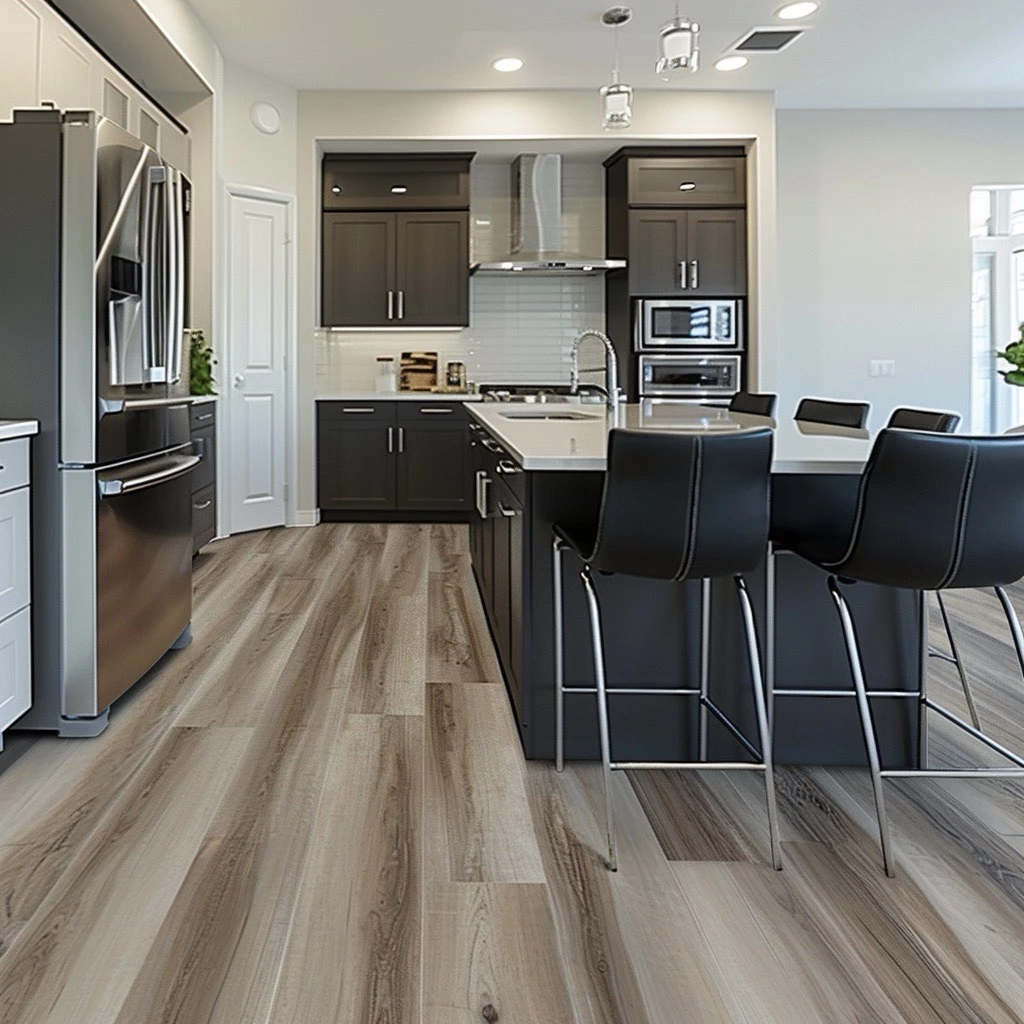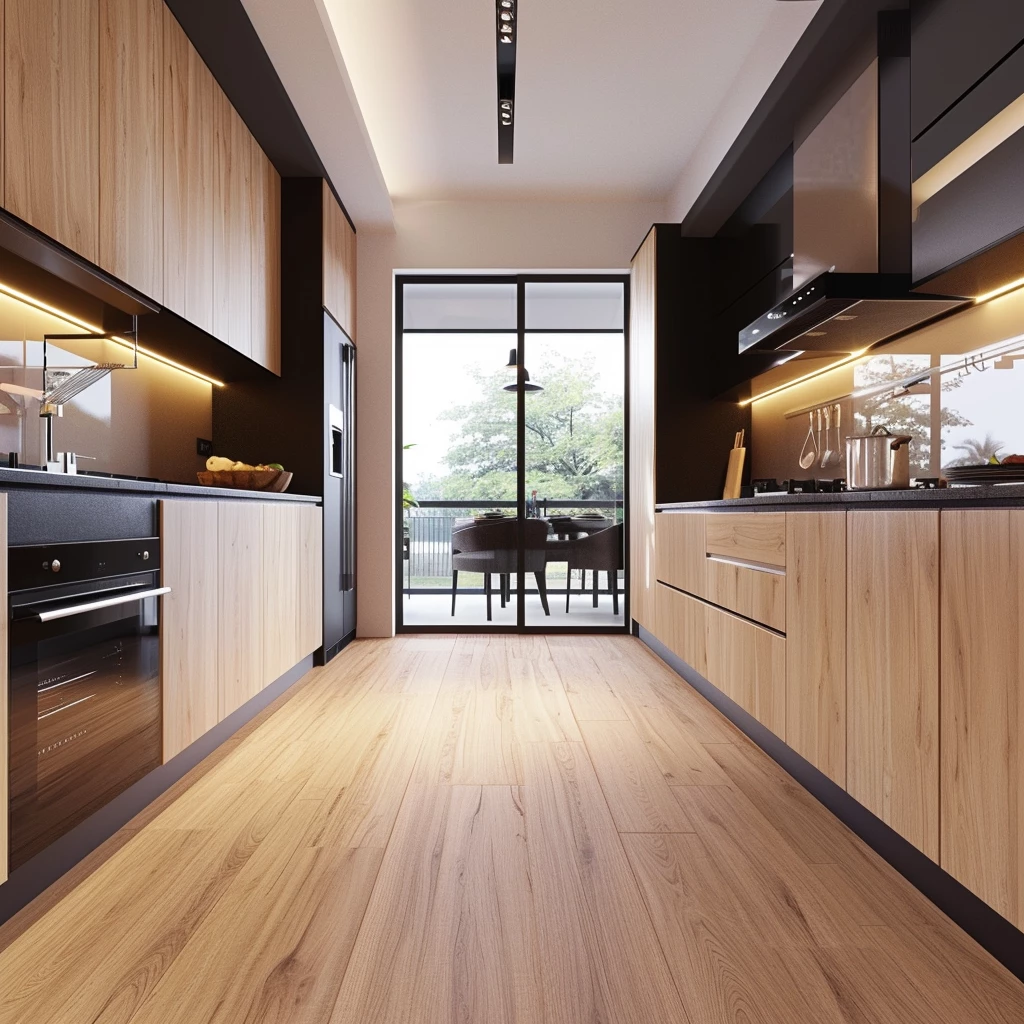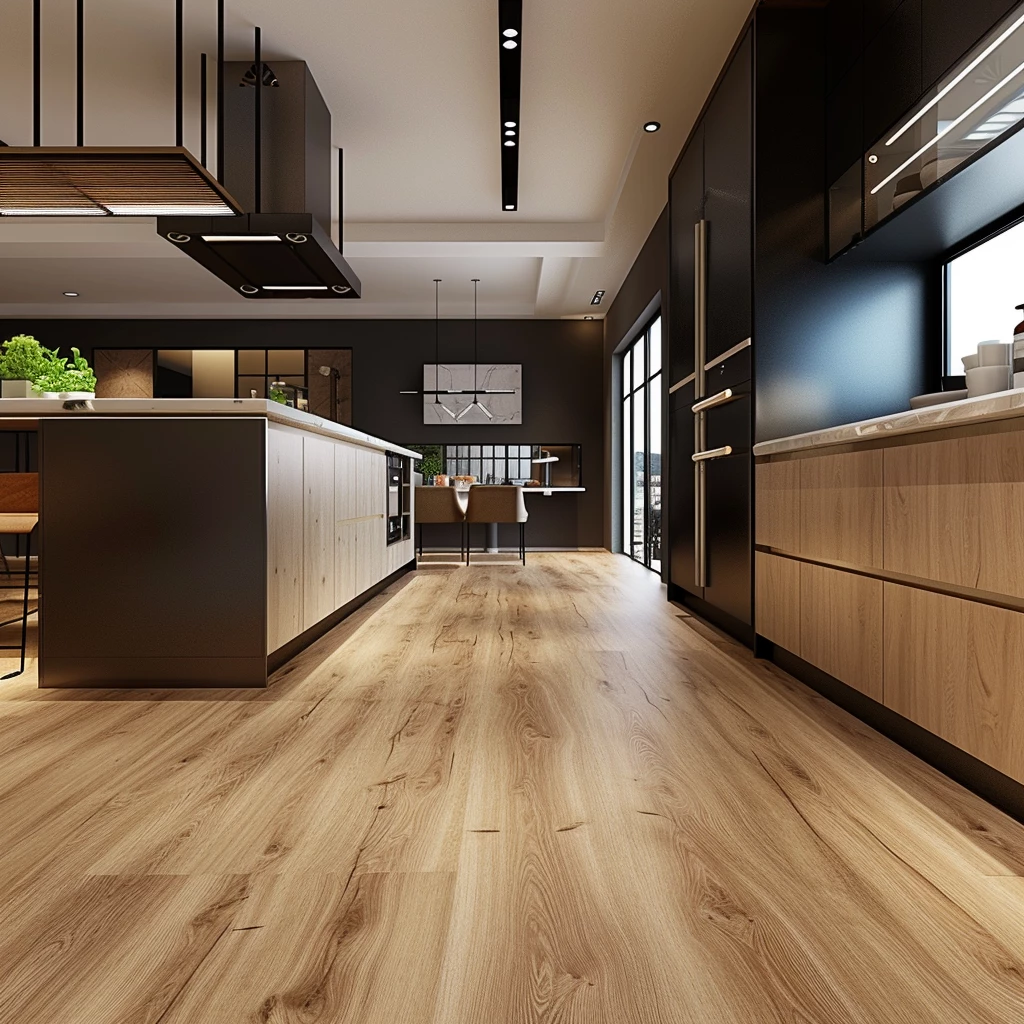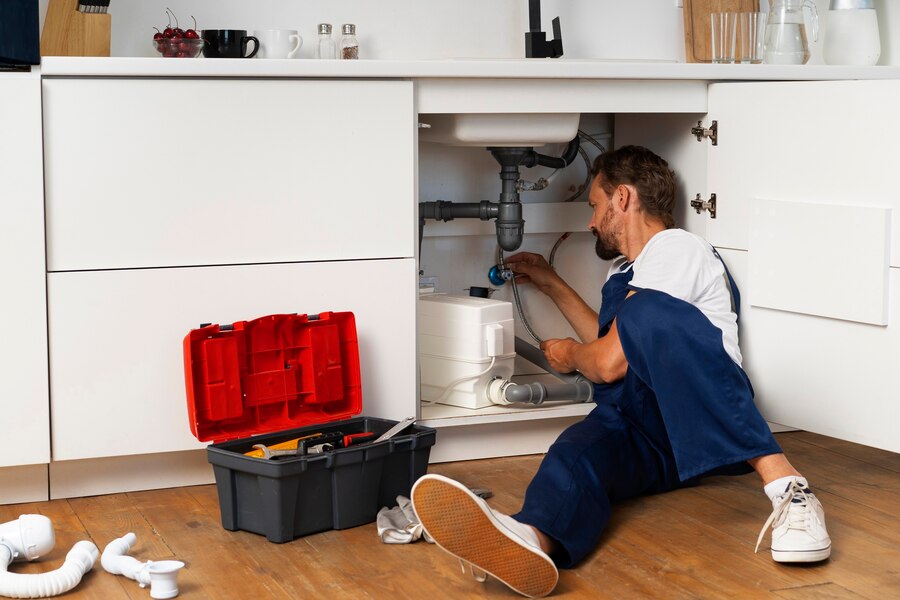
Drain Cleaning Etobicoke
June 7, 2024
Moving Bulky FurnitureMoving Bulky FurnitureMoving Bulky Furniture
June 10, 2024Laminate vs. Vinyl Flooring: Which is Better for Your Home?
When it comes to choosing flooring for your home, the decision often boils down to laminate versus vinyl. Both have their merits, but which one is better suited to your needs? This comprehensive guide will help you weigh the pros and cons of each, ensuring you make an informed decision for your space.
To explore the elegance and durability of laminate options, click here. If you’re interested in learning about the versatility and practicality of vinyl flooring, find out more.

Introduction
Choosing between laminate and vinyl flooring can be challenging due to the numerous factors to consider, such as durability, aesthetics, cost, and installation. Each type has unique characteristics that may appeal to different preferences and requirements. This article will break down these aspects to help you make the best choice for your home.
What Is Laminate Flooring?
Laminate flooring is a multi-layer synthetic product fused together through a lamination process. It generally consists of a high-density fiberboard core, a photographic applique layer that simulates wood, stone, or tile, and a clear protective layer on top. Laminate is renowned for its durability and cost-effectiveness.
What Is Vinyl Flooring?
Vinyl flooring is a versatile synthetic flooring material made primarily from polyvinyl chloride (PVC). It comes in various formats, including planks, tiles, and sheets, and is known for its water resistance, durability, and ease of maintenance. Vinyl flooring has evolved significantly, now offering a wide range of styles that mimic natural materials like wood and stone.
Comparison of Laminate and Vinyl Flooring
Durability of Laminate Flooring
Laminate flooring is robust and designed to withstand daily wear and tear. It is scratch-resistant, making it a popular choice for high-traffic areas. However, laminate is susceptible to water damage if not properly sealed or if exposed to moisture for extended periods.
Durability of Vinyl Flooring
Vinyl flooring excels in durability, especially when it comes to water resistance. Its waterproof nature makes it ideal for areas prone to moisture, such as bathrooms and kitchens. Vinyl is also resistant to scratches and dents, making it suitable for high-traffic areas and homes with pets.
Aesthetics and Design Options
Both laminate and vinyl flooring offer a wide range of design options. Laminate often replicates the look of natural wood and stone with realistic textures and colors. Vinyl, on the other hand, provides an even broader spectrum of styles, including intricate patterns and bold designs that can mimic almost any material.
Cost Comparison
Laminate flooring is generally more affordable than vinyl, though prices can vary based on quality and brand. Vinyl, particularly luxury vinyl planks (LVP) and luxury vinyl tiles (LVT), can be more expensive but often provide better water resistance and durability.
Ease of Installation
Both laminate and vinyl are relatively easy to install, often featuring click-and-lock systems that make DIY installation feasible. Laminate usually requires an underlayment, whereas vinyl can be installed directly over most subfloors.
Maintenance and Cleaning
Laminate flooring is easy to clean with regular sweeping and occasional damp mopping. However, it should not be exposed to excessive water. Vinyl flooring is even easier to maintain, thanks to its waterproof nature, and can be cleaned with a wet mop without concern for damage.
Water Resistance
Vinyl flooring is superior in terms of water resistance, making it suitable for all areas of the home, including bathrooms and kitchens. Laminate, while moisture-resistant, is not completely waterproof and can swell or warp if water seeps into the seams.
Environmental Impact
Laminate flooring is made from wood by-products and typically uses less harmful adhesives, making it a relatively eco-friendly option. Vinyl flooring, made from PVC, can have a higher environmental impact due to the production and disposal of plastic materials.
Comfort Underfoot
Vinyl flooring is softer and warmer underfoot compared to laminate, providing a more comfortable walking surface. Laminate can feel harder and colder, though this can be mitigated with the use of underlayment and area rugs.
Sound Insulation
Laminate flooring can produce a hollow sound when walked on, which can be reduced with underlayment. Vinyl flooring offers better sound insulation, reducing noise transmission and making it a quieter option for busy households.
Lifespan
Vinyl flooring typically has a longer lifespan, often lasting up to 20 years or more with proper care. Laminate flooring, while durable, generally has a shorter lifespan of around 10-15 years.
Resale Value
Both flooring types can enhance a home’s resale value, though high-quality vinyl might have a slight edge due to its durability and water resistance. Laminate’s appeal often lies in its aesthetic similarity to hardwood at a lower cost.
Suitability for Pets
Vinyl flooring is often preferred for homes with pets due to its scratch and water resistance. Laminate, while scratch-resistant, may not fare as well with pet accidents if not cleaned promptly.
Allergy Considerations
Both laminate and vinyl are hypoallergenic options, as they do not trap dust and allergens like carpet. Laminate may have an edge due to its wood-based composition, which can emit fewer volatile organic compounds (VOCs) compared to some vinyl products.
Where to Use Laminate Flooring
Laminate is ideal for living areas, bedrooms, and hallways where water exposure is minimal. It provides a stylish, budget-friendly alternative to hardwood.
Where to Use Vinyl Flooring
Vinyl flooring is versatile and can be used in any room of the house, including moisture-prone areas like bathrooms, kitchens, and basements. Its durability and water resistance make it an excellent all-around choice.
Laminate vs. Vinyl for Kitchens
In kitchens, where spills are common, vinyl flooring is often the better choice due to its waterproof properties. Laminate can be used but requires careful maintenance to avoid water damage.
Laminate vs. Vinyl for Bathrooms
Vinyl flooring is the clear winner for bathrooms, thanks to its complete water resistance. Laminate is generally not recommended for bathrooms due to the risk of water damage.
Laminate vs. Vinyl for Living Areas
Both laminate and vinyl are suitable for living areas. The choice depends on personal preference, with laminate offering a wood-like appearance and vinyl providing diverse design options and better sound insulation.
Laminate vs. Vinyl for Basements
Basements can be prone to moisture, making vinyl flooring the preferred option. Laminate can be used if the basement is dry and well-sealed, but vinyl’s water resistance makes it a safer choice.
How to Decide Between Laminate and Vinyl
To decide between laminate and vinyl flooring, consider factors like water exposure, foot traffic, budget, and desired aesthetics. Vinyl is better for high-moisture areas, while laminate offers a more traditional look for dry spaces.
Common Misconceptions
One common misconception is that vinyl flooring looks cheap. Modern vinyl options can mimic high-end materials with impressive realism. Another myth is that laminate is always more eco-friendly, but this depends on the specific products and manufacturing processes used.
Expert Recommendations
For the best results, consult with flooring experts who can assess your specific needs and preferences. Visiting a professional flooring showroom can provide valuable insights and hands-on experience with different flooring options.

FAQs
Can laminate flooring be installed over existing vinyl flooring?
Yes, laminate can be installed over vinyl if the vinyl is in good condition and the surface is even.
Is vinyl flooring more durable than laminate?
In terms of water resistance and flexibility, vinyl is more durable. Laminate is durable against scratches but can be damaged by water.
Does vinyl flooring require an underlayment?
Vinyl typically does not require an underlayment, but it depends on the type of vinyl and the subfloor condition.
Which flooring is better for homes with pets?
Vinyl flooring is generally better for homes with pets due to its scratch and water resistance.
Can laminate flooring be repaired if damaged?
Minor scratches and damage on laminate can sometimes be repaired with kits, but significant damage may require plank replacement.
Is it possible to refinish laminate flooring?
No, laminate flooring cannot be refinished. If the surface layer is worn out, the plank will need to be replaced.
Conclusion
When choosing between laminate and vinyl flooring, consider your home’s specific needs, budget, and aesthetic preferences. Vinyl offers superior water resistance and durability, making it suitable for almost any area, including bathrooms and kitchens. Laminate, with its realistic wood appearance, is a great option for dry areas like living rooms and bedrooms. Both flooring types provide unique benefits, and understanding these can help you make the best choice for your home.





